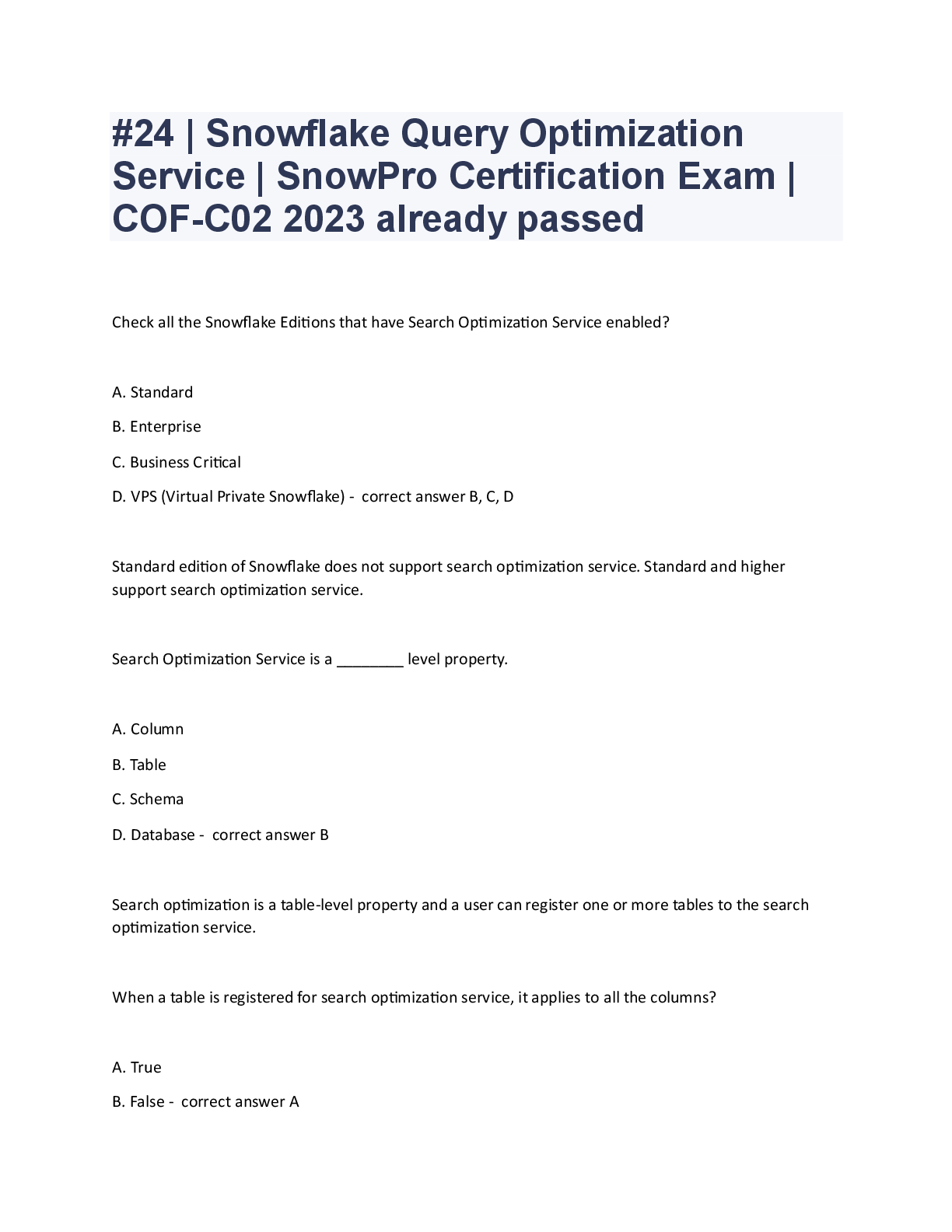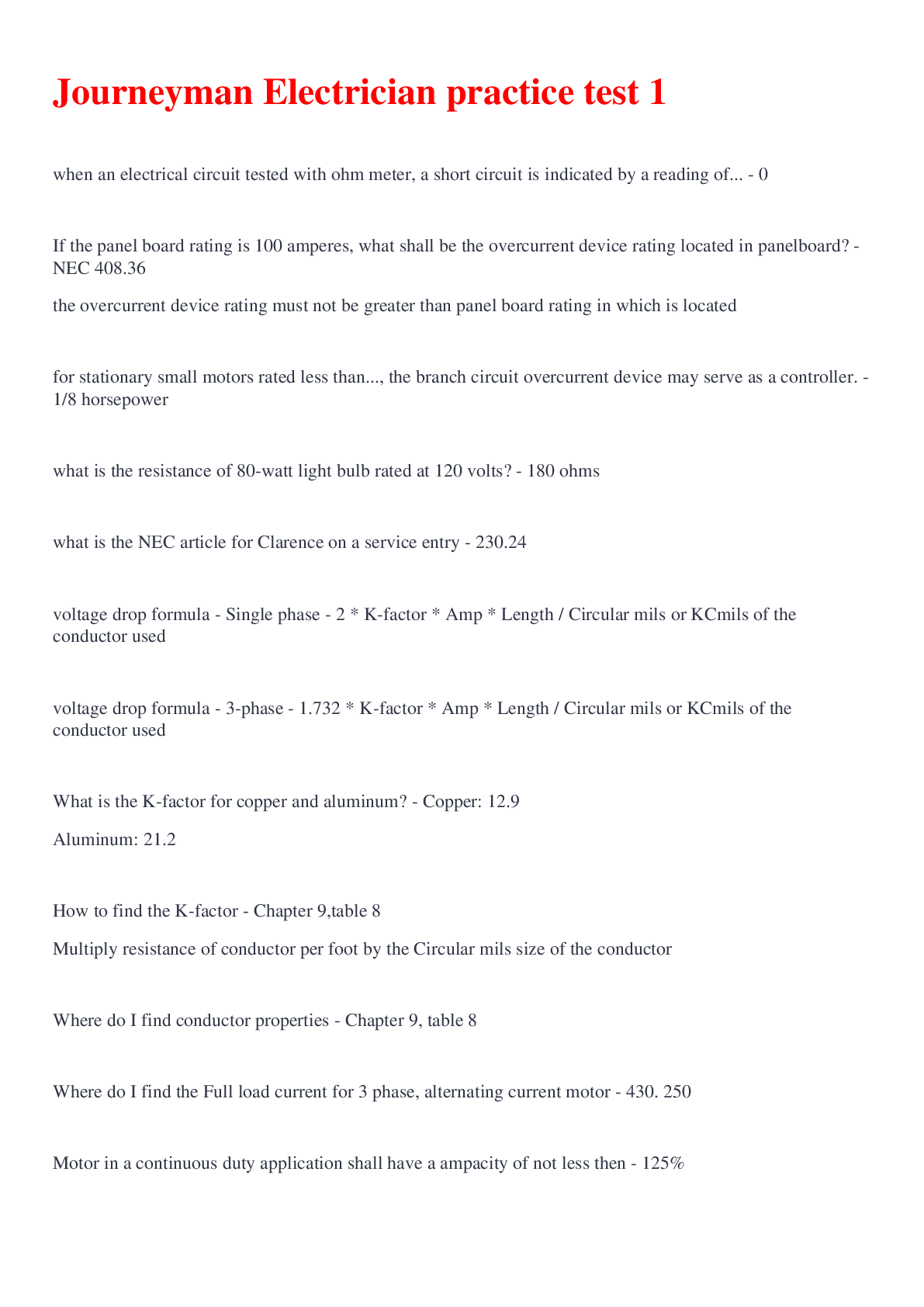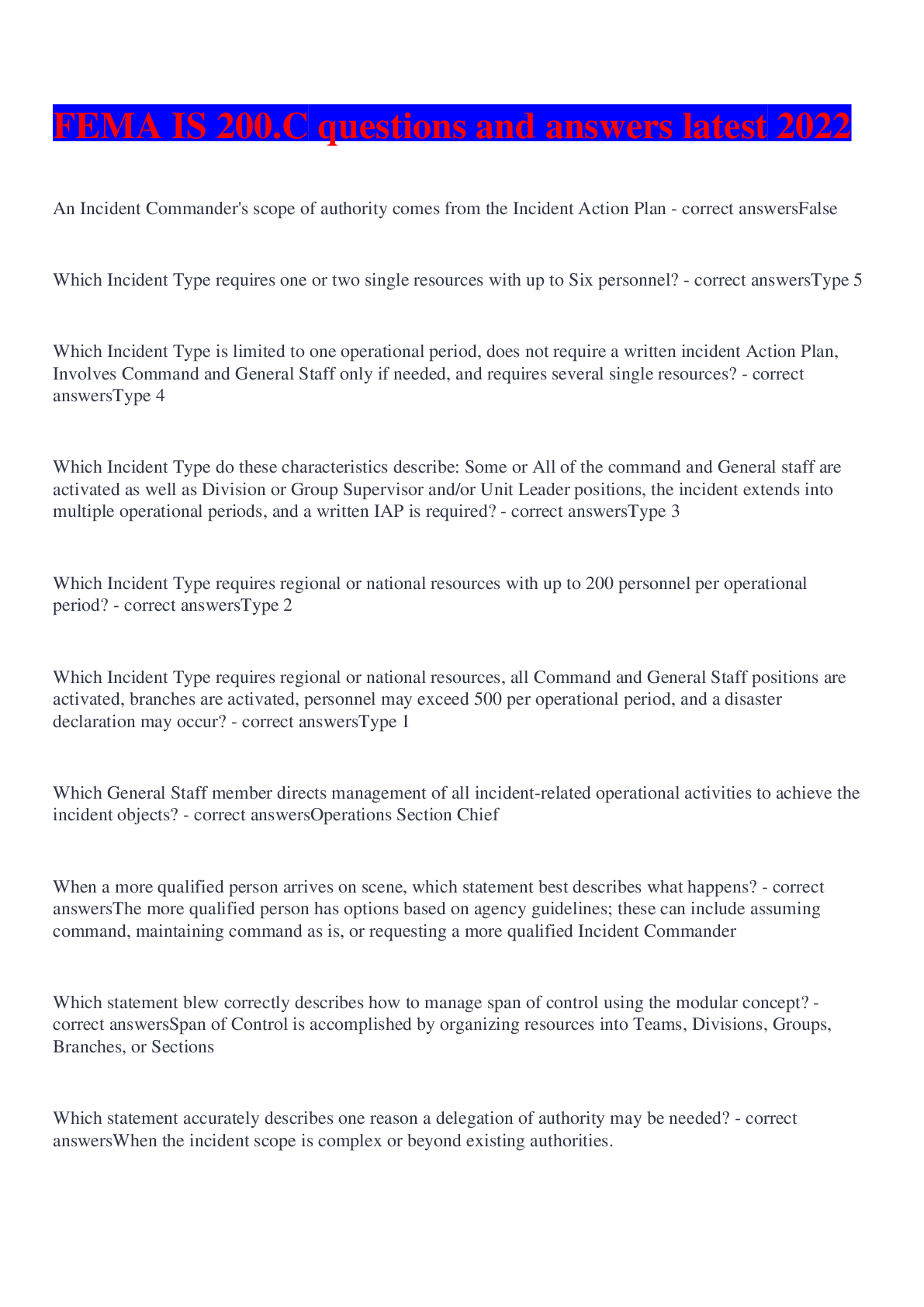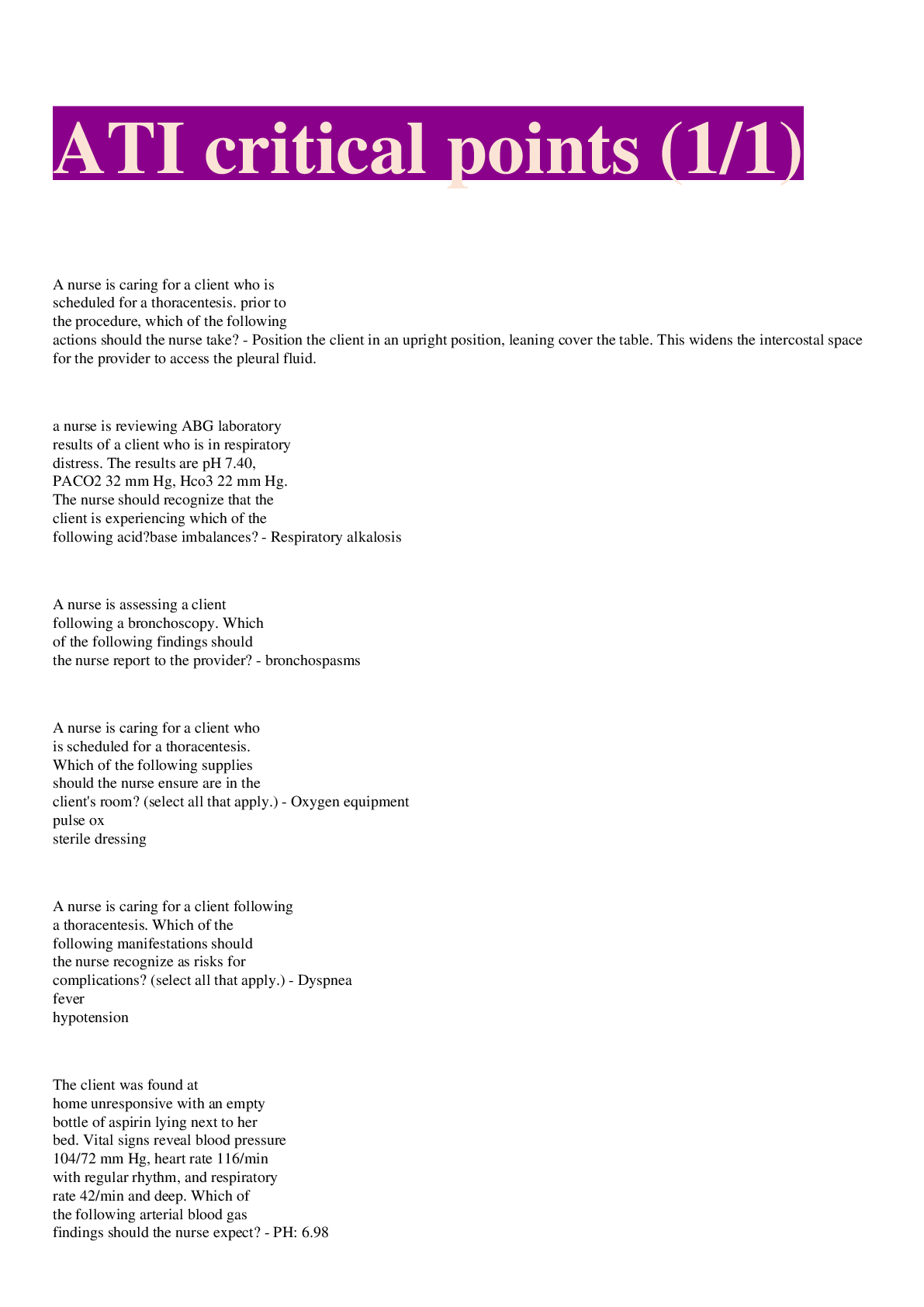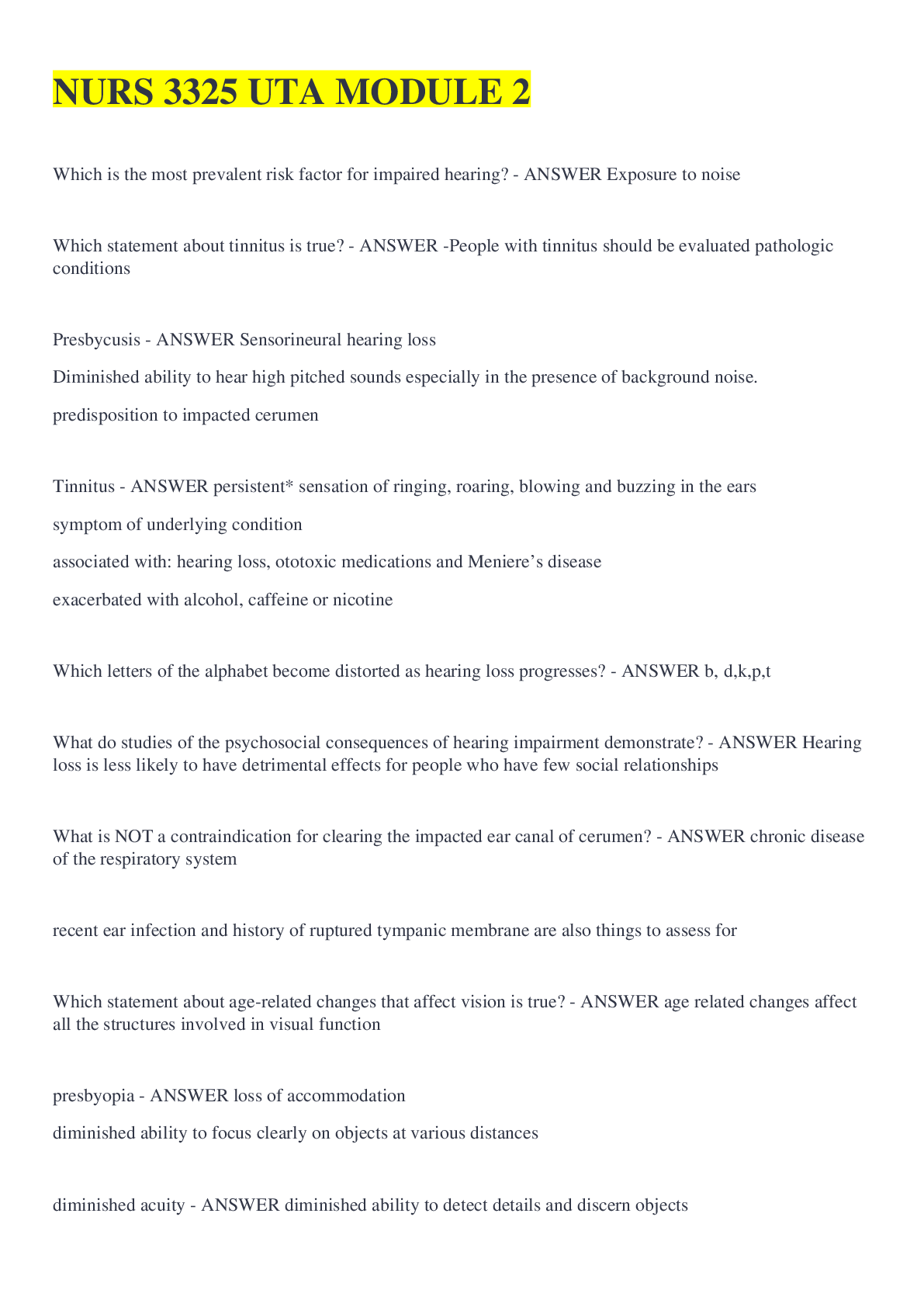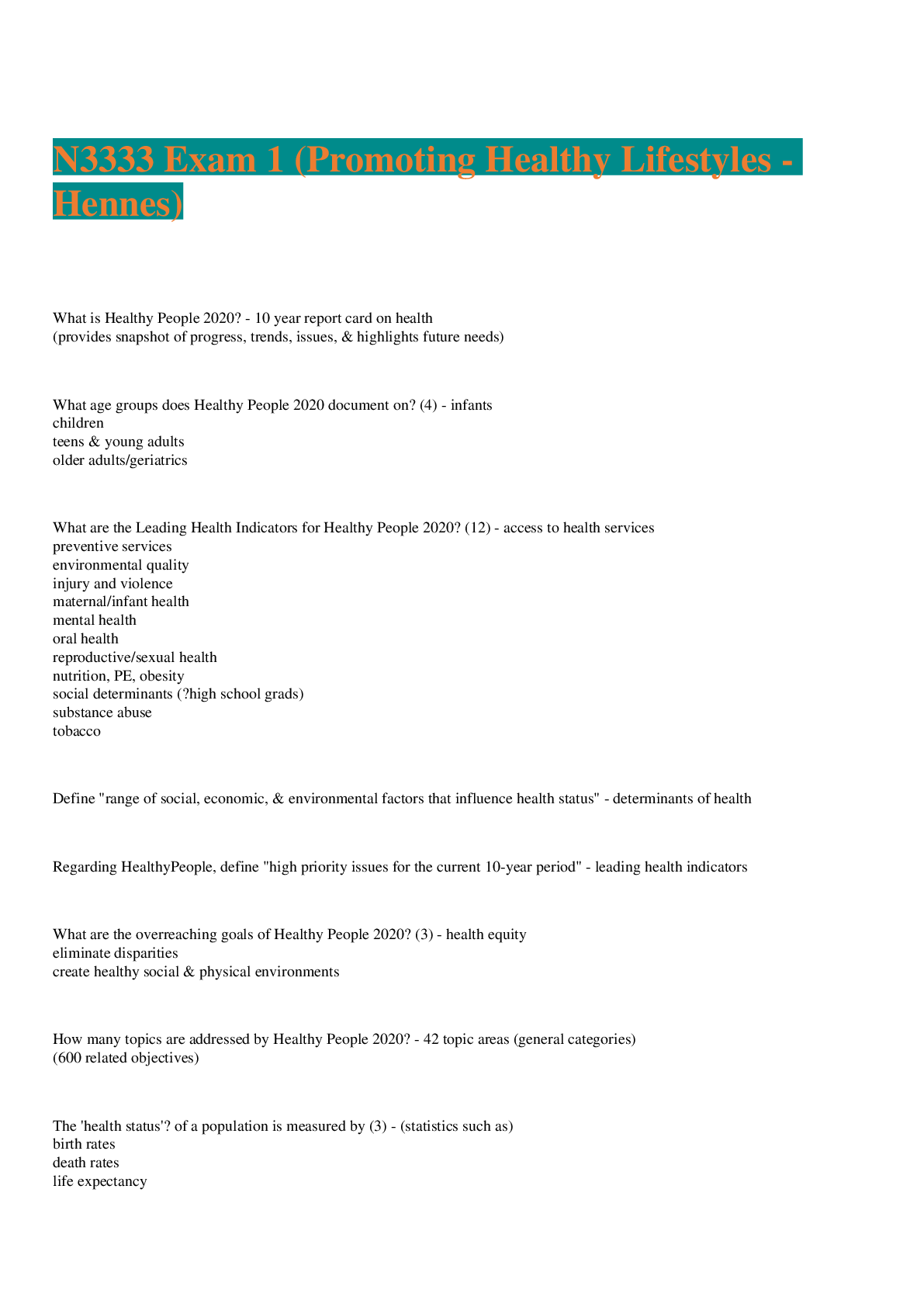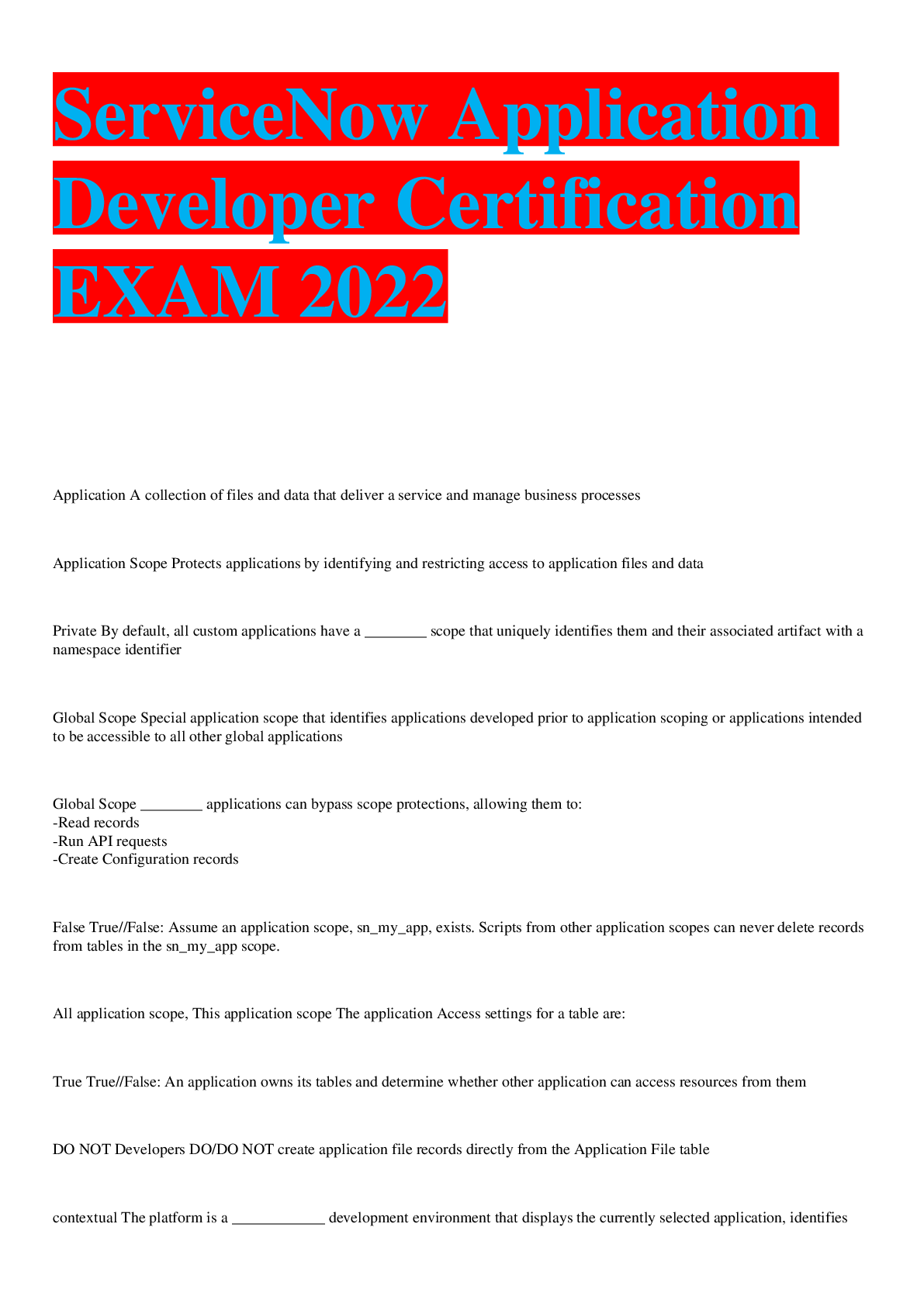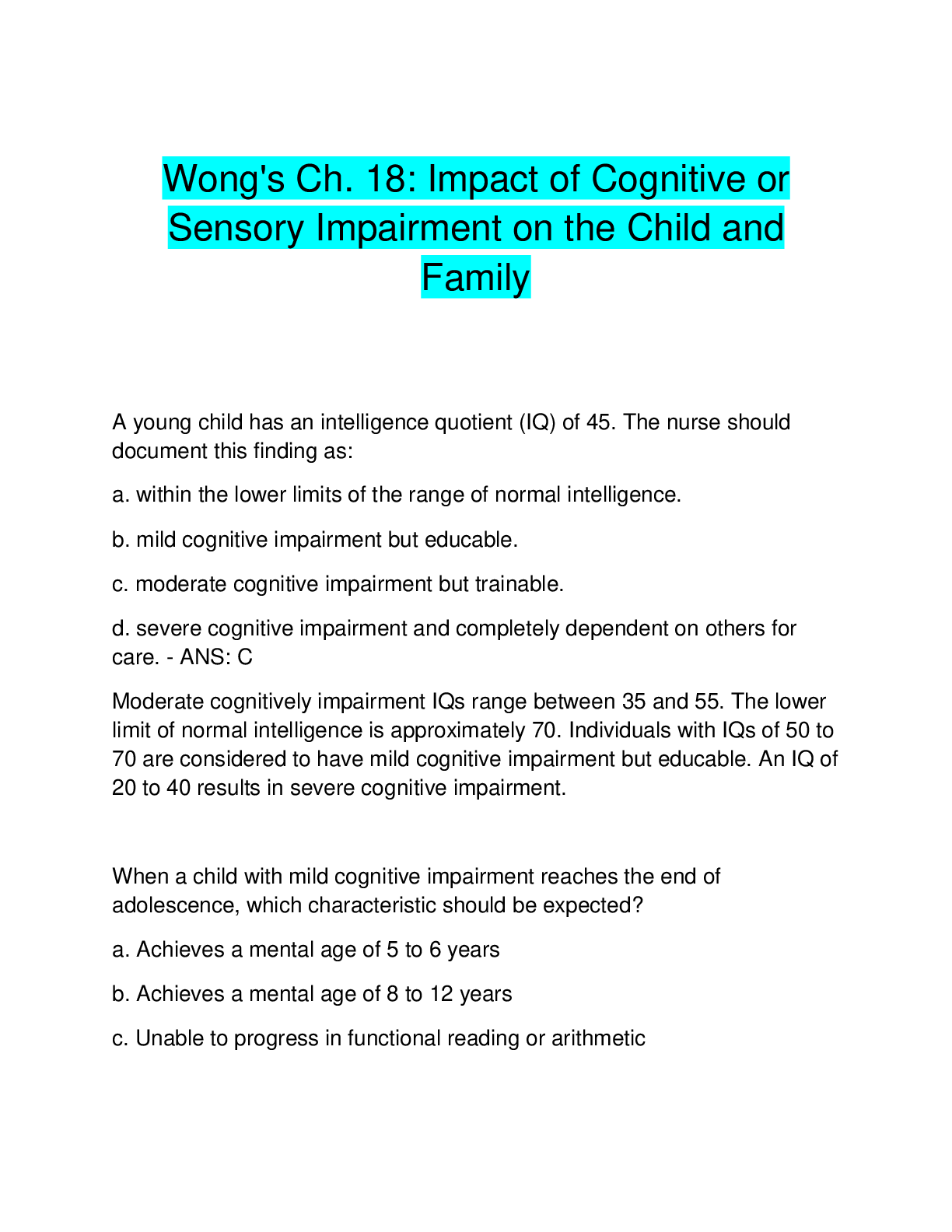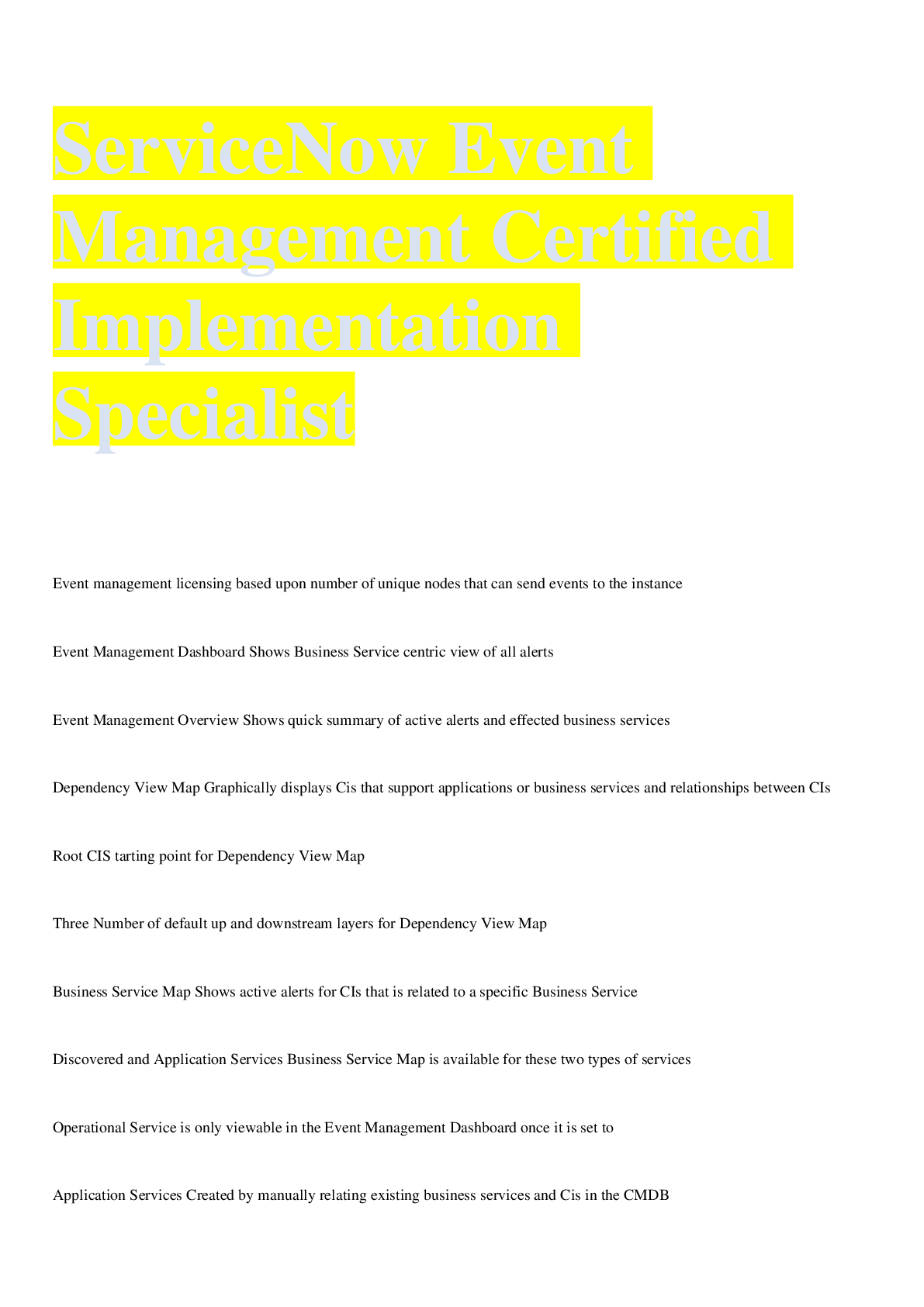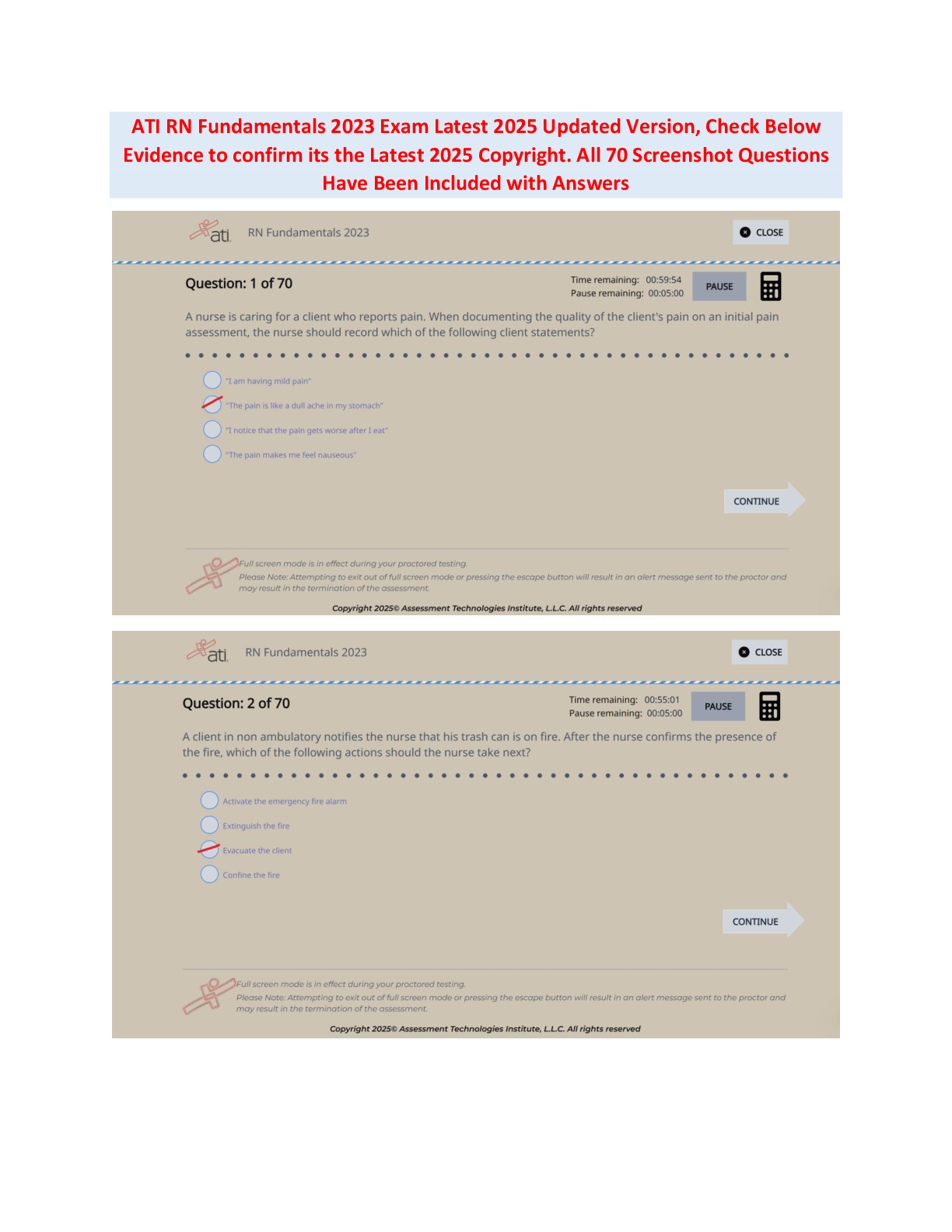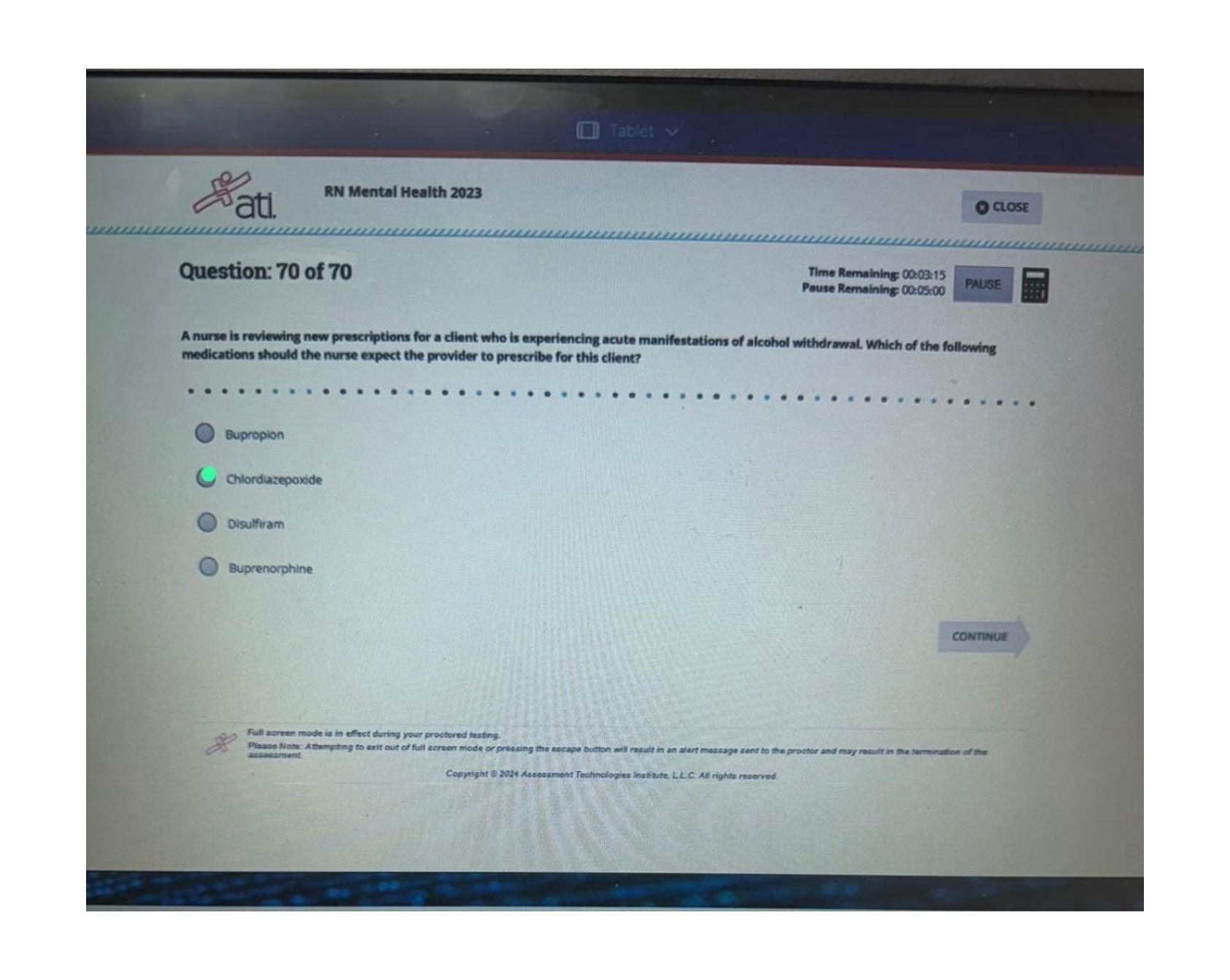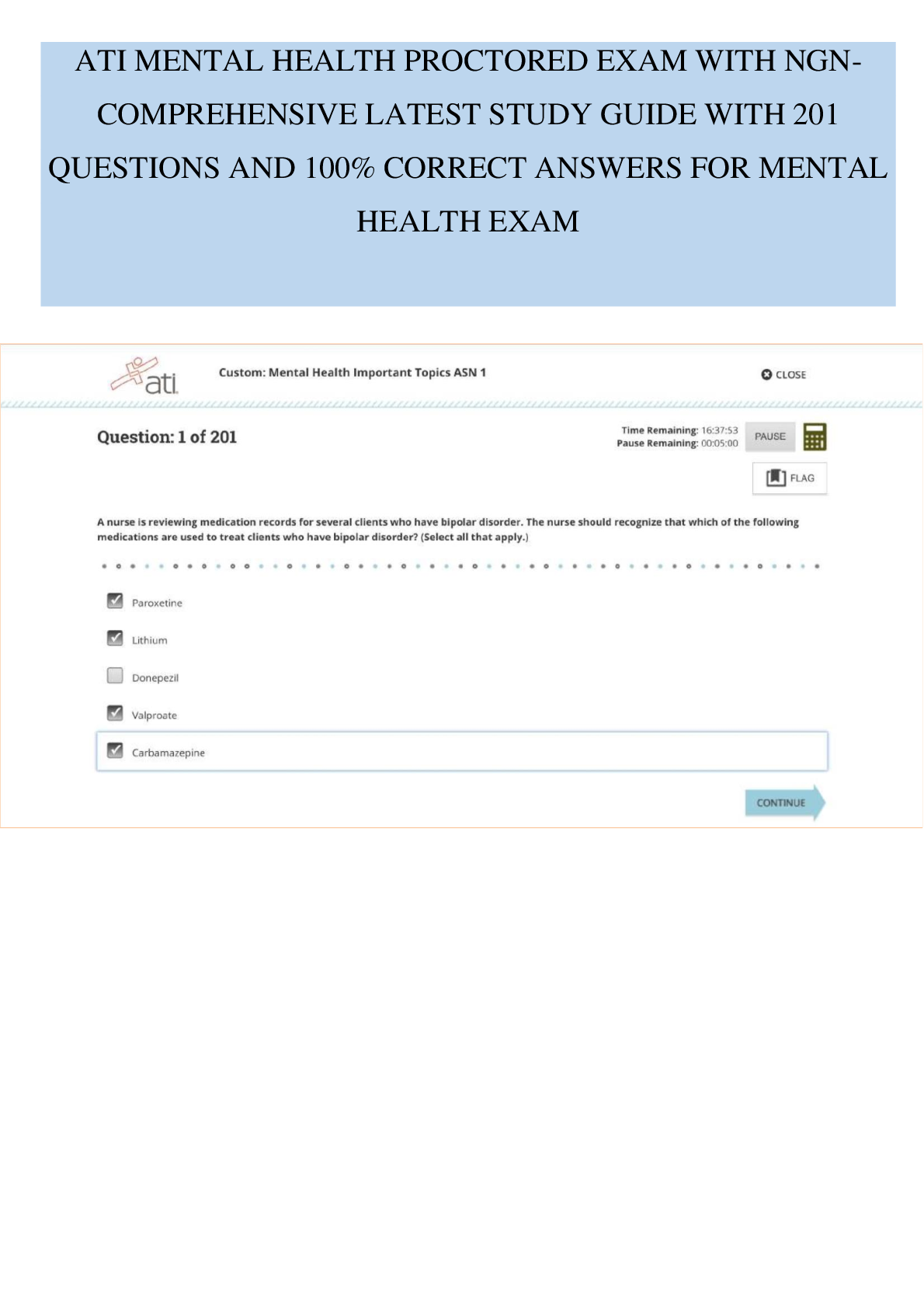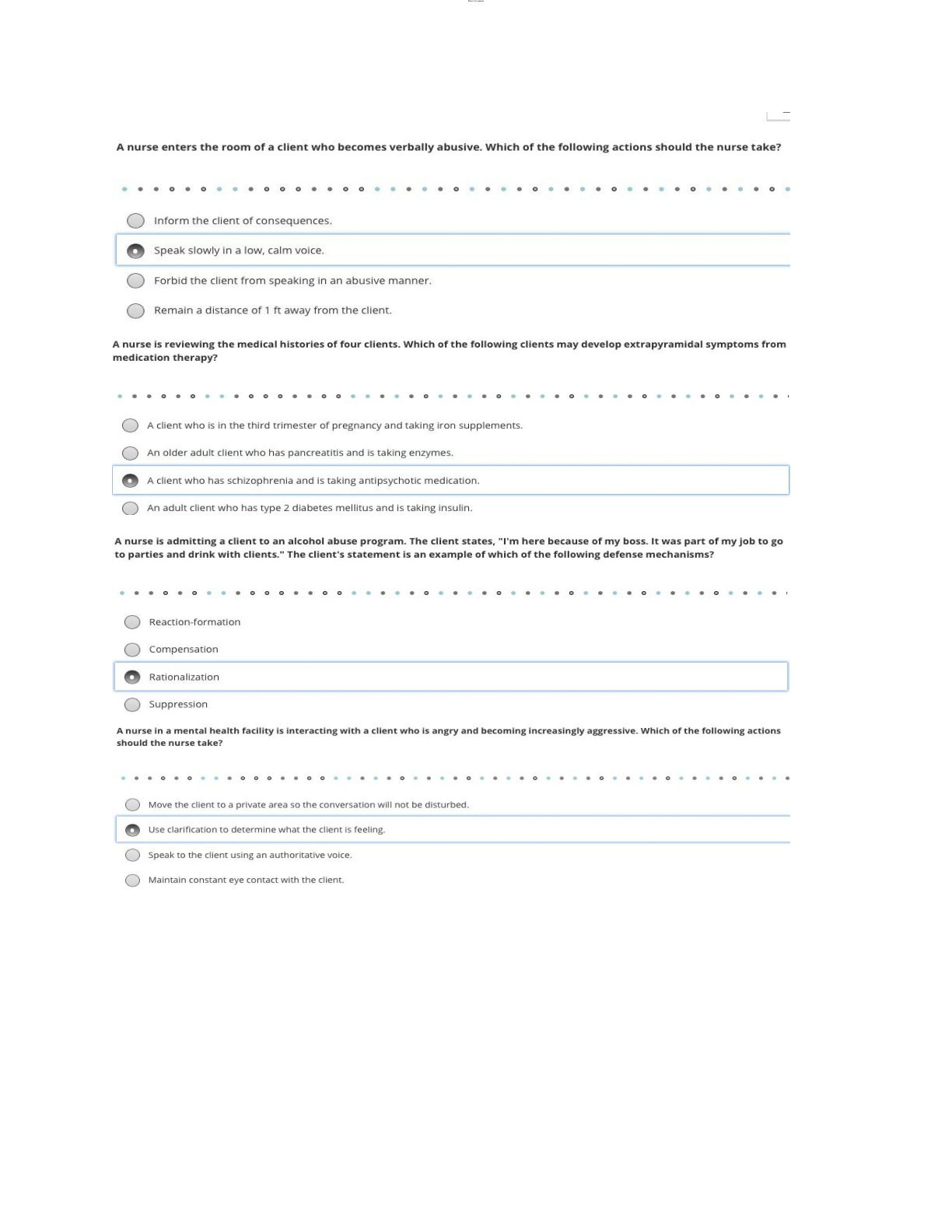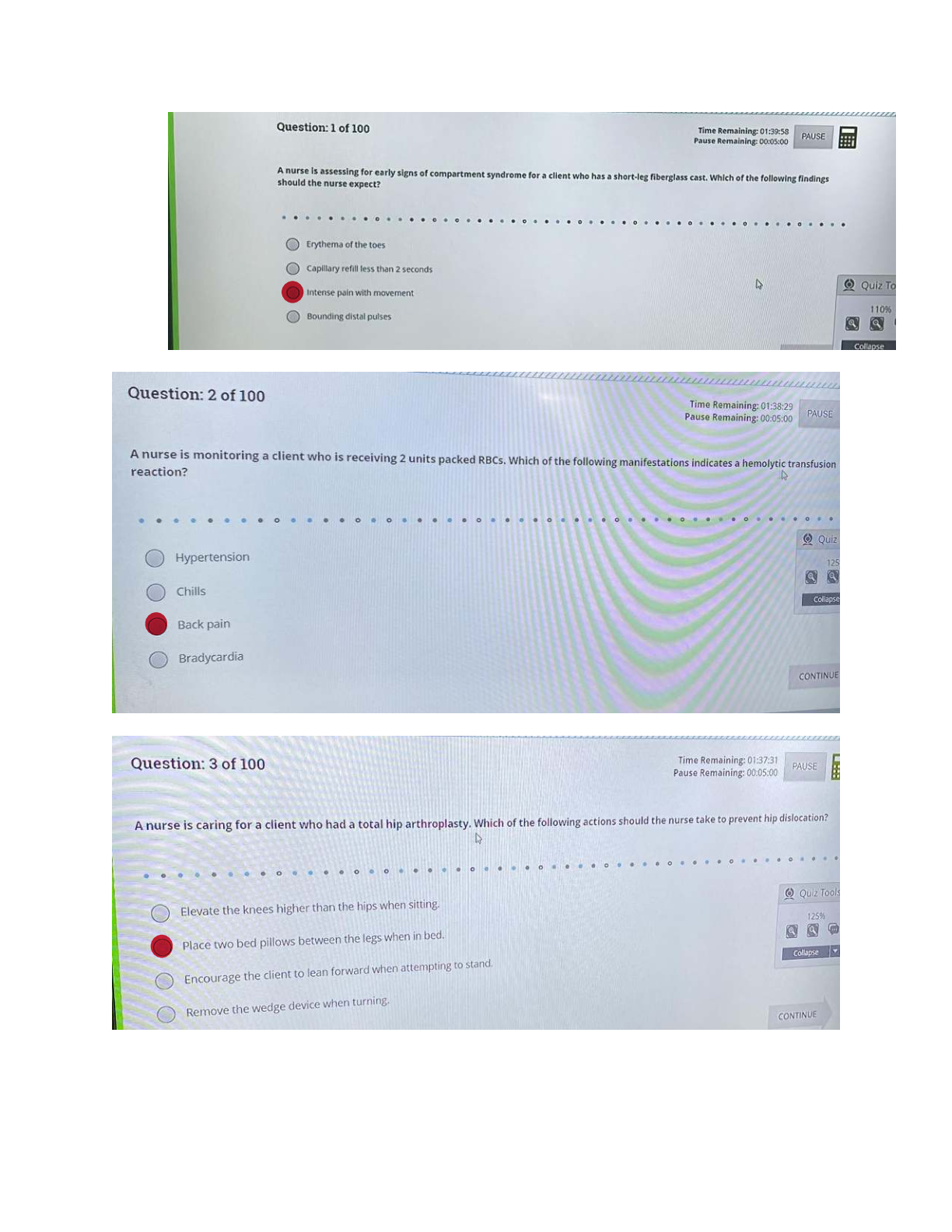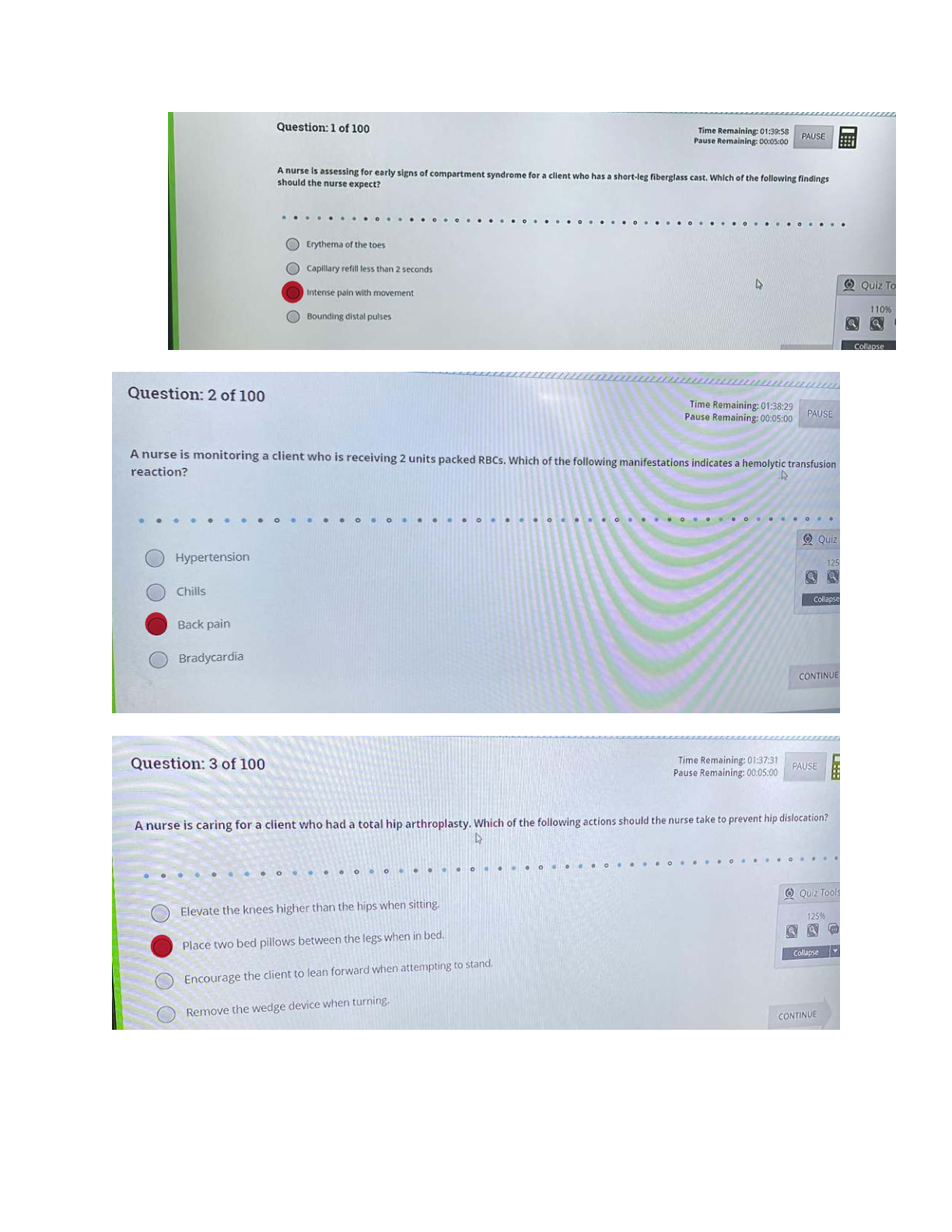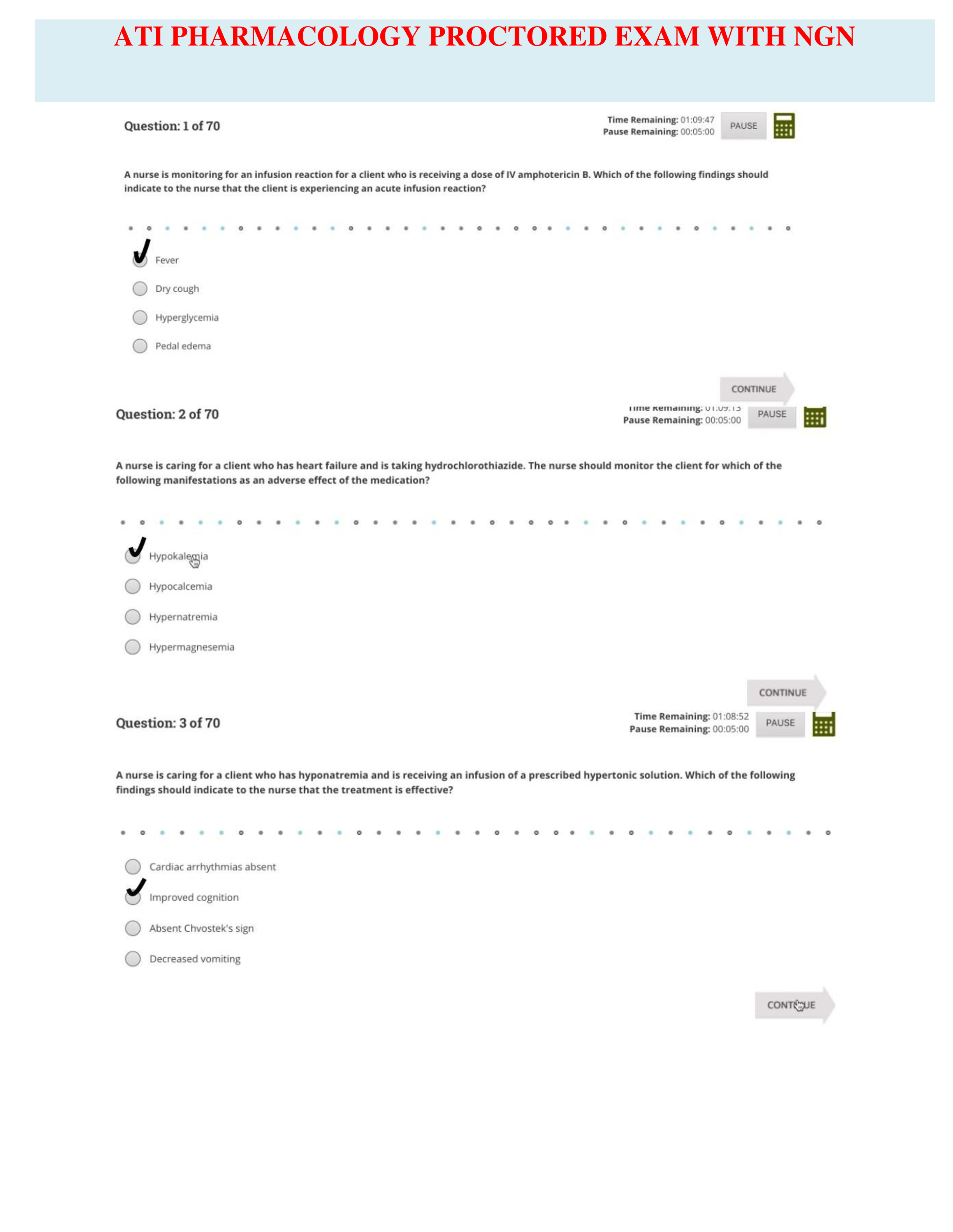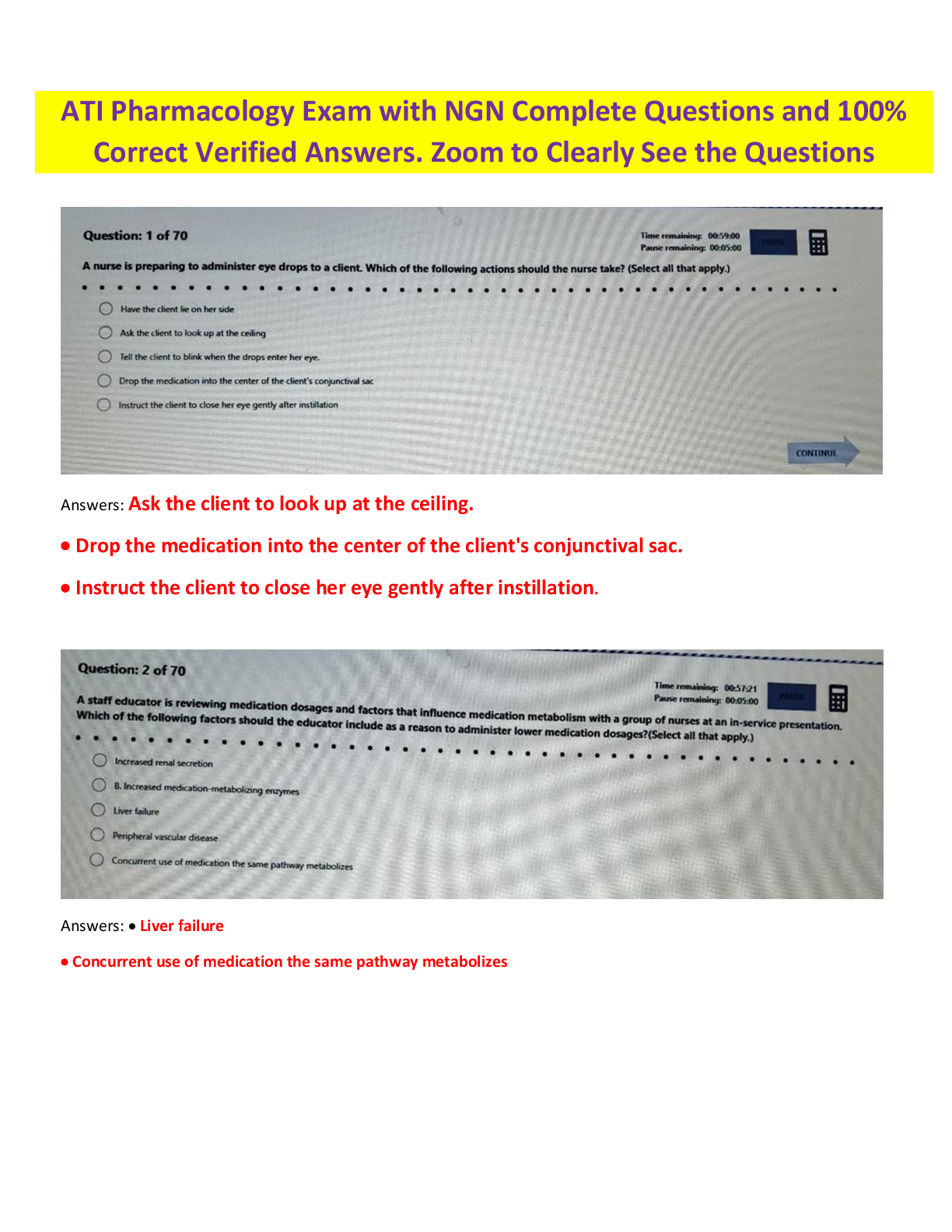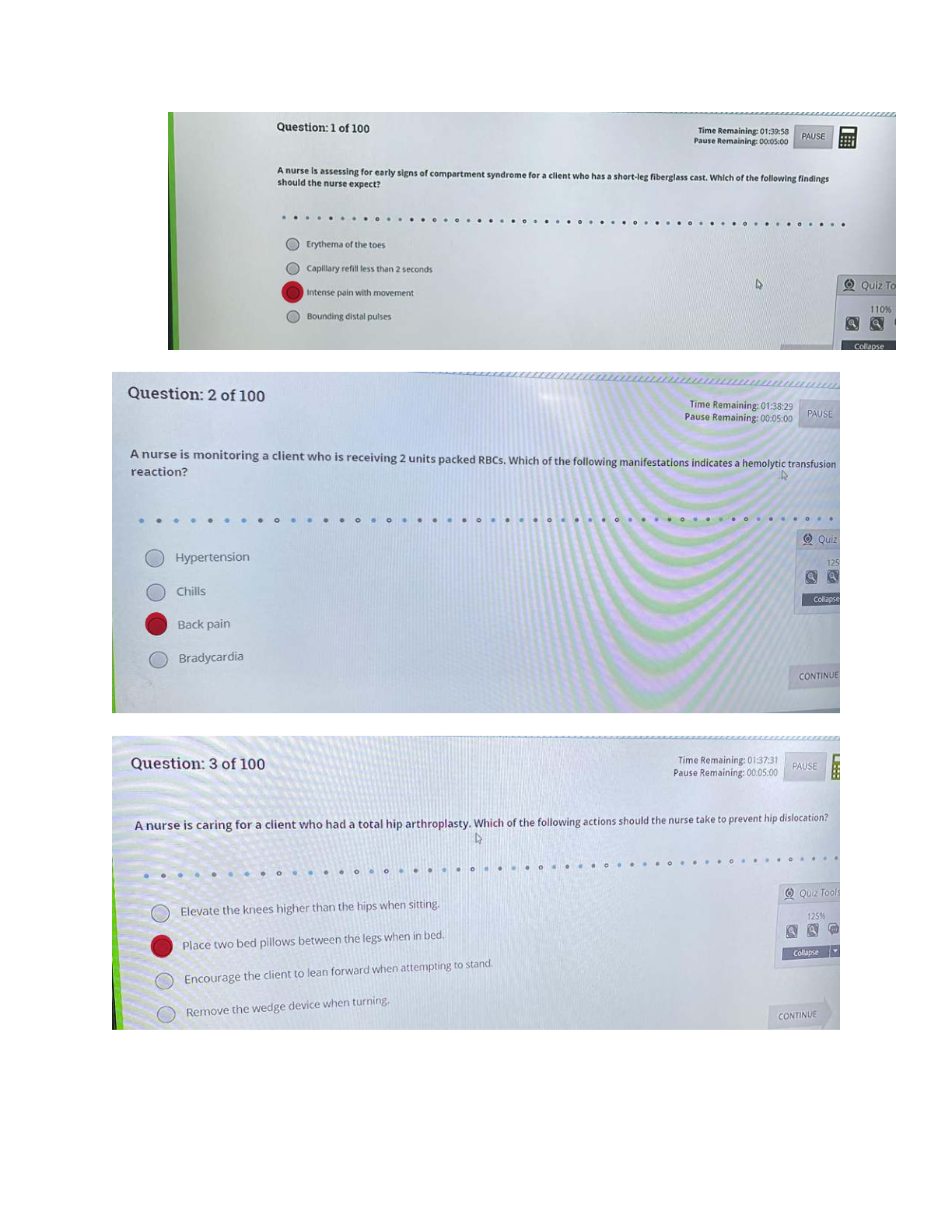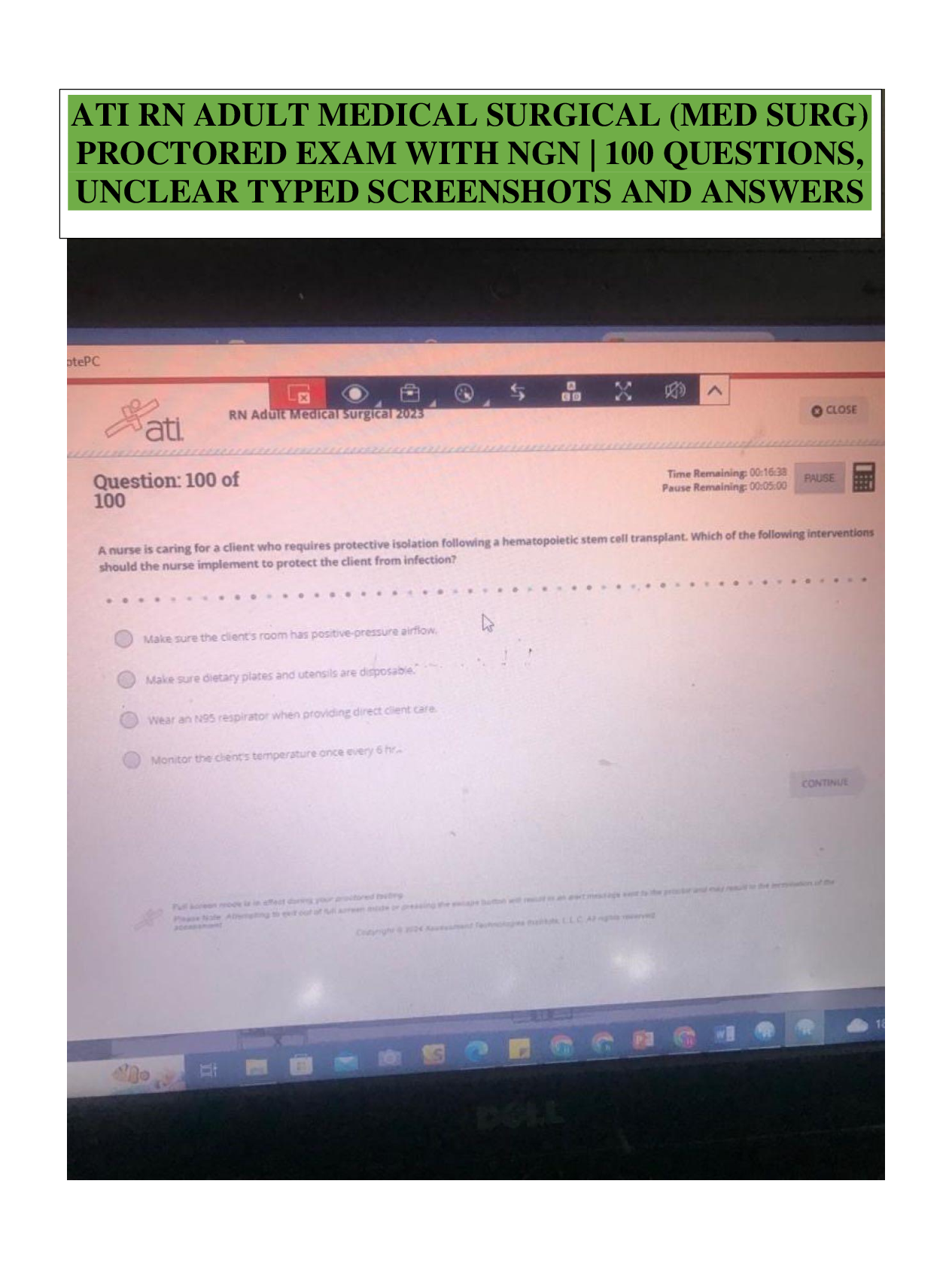Question Stem: "Which one of the following must be true?"
Correct answer: must be true
Wrong answers: Must be false
Question Stem: "Which one of the following must be true, EXCEPT?"
Correct Answer: Could be fal
...
Question Stem: "Which one of the following must be true?"
Correct answer: must be true
Wrong answers: Must be false
Question Stem: "Which one of the following must be true, EXCEPT?"
Correct Answer: Could be false
Wrong answer: Must be true
Sufficient Term
immediately follows if
goes to the left of the arrow
"trigger" or "if" term
Necessary Term
Immediately follows then
goes to the right of the arrow
* Necessary is required whenever sufficient is present
* Always assume it is possible to have the necessary term without having the sufficient
* simple synonyms of necessary (essential, require, rely) must point to the necessary conditions
When is the necessary term present?
whenever sufficient is present
Is it possible to have the necessary term without the sufficient?
Yes, always assume unless told otherwise
Ex: If J volunteers, then R does too"
What does this tell us?
If J volunteers this is sufficient to know that R must
J cannot be the only one to volunteer
R can volunteer without J
IF x and y then Z
both x and y must be true to apply the conditional statement
If A, then B and C
Whenever we have A, we must have both B and C
IF G OR H, then J
either G/H by itself is sufficient to ensure that we must have J
If you have both G and H, you still must have J
"Neither X nor Y"
Not X and Not Y
Sufficient Key Words
All
Any (anytime, anyplace, anybody)
every (every time, everybody)
whenever
each
The only
If
When
In order to
IF statement includes negative, how do you notate it?
example: no one who is in Europe is in NY
If a, not b
If in NY, not in EU
Necessary Indicators
Only
Only If
Then
Must
Always
Unless/Without
signals necessary
Think about it as if unless is the same as then
How to notate unless/without
1. what happens after unless/without goes on right hand side of arrow
2. take the remaining part of the statement and negate it then put it on the left
No X unless Y
IF x, then Y
A unless B
If not a, then B
"no X are y"
If x, then not y
What is a sequencing game?
most common type of game
asks you to put things in order
- chronologically (units of time)
- Spatially (vertical or horizontal)
- Rank (top 10)
- Size/amt (list of prices - cheapest to most expensive)
Require you to determine the order of a number of entities
Limitations to look out for in sequencing games?
usually related to how many entities can go into each slot
Loose sequencing
Rules involve only variables and related those variables only to each other
* no rules that affirmatively tie variables to particular spaces or that dictate a set # of spaces to appear between entities
Selection Game
Given a group of entities, asked to choose some of those entities to make a smaller group (some in and some out)
Key Limits in Selection Games
number of entities to select
* Often gaps in info
Distribution Games
Key Task - formation of groups
main task: given a larger group of entities, sort them into 2+ smaller groups
Distribution v. Selection
Selection entails choosing a single, smaller group from a larger one
Matching v. Distribution
Similarities: Both game types call for you to group entities under a number of headings
Conceptual Difference
* Distribution Game is similar to putting individuals on teams
- in distribution games, you place each entity just one time into just one group
* Matching Game is similar to assigning attributes to individuals
- in matching games, you are usually allowed to reuse entities
[Show More]



